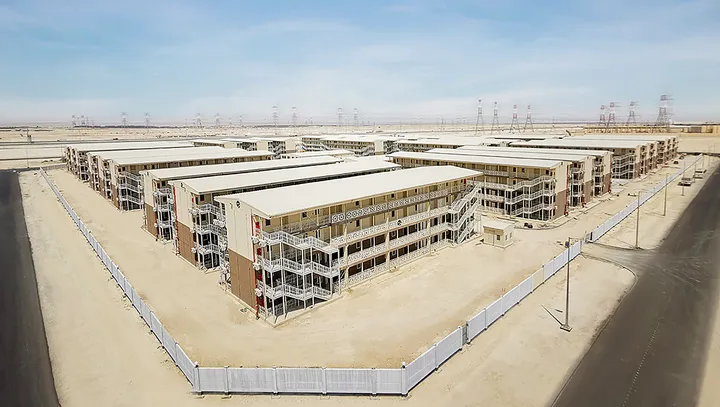Pakistan’s Prime Minister Imran Khan’s visit to its old ally and long-time partner Turkey ended with a meeting with Turkish President Recep Tayyip Erdogan.
It is the fifthoverseas visit made by the Pakistani PM since he assumed office in August last year.
Both Turkey and Pakistan are seeking stronger ties, especially in the fields of economyand security.
But what can be expected from the two countries, that are more than 3,000 kilometres apart?
Historical solidarity
Turkey-Pakistan ties date back to a time when neither state had the political unity they each enjoy today.
In the 1920s Turkey was in a transition period, partly occupied by ‘Western’ colonisers, following the defeat and collapse of the Ottoman Empire in Word War I. Through a three-year military struggle, which is known as Turkey’s Independence War, a new Republic was established in Ankara in 1923.
During those years, Pakistan was a part of India, colonised by the British Empire. The official ‘Islamic Republic’ would declare its sovereignty as a Muslim-majority state in 1947, after British rule ended in the Indian subcontinent.
Before Pakistan became independent, Muslims throughout British-ruled India collected and sent money to what was back then the political capital and centre of the Muslim world - Istanbul - to support the Turkish ambition of independence.
In other words, thanks to the believers of Islam in India, of whom a major part are from what is now Pakistan, Turkey received significant financial capital for its own political struggle.
This sign of solidarity can be found in the minds of hearts of both countries’ people, as Pakistan’s PM referenced during his current visit.
A firm military partnership
For the last few decades, military cooperation has been the main area of alliance between Islamabad and Ankara. Both surrounded by nations suffering from political instability and war, Turkey and Pakistan have long been hubs of stability and safety for their neighbouring regions and often for their people.
As a result, Turkey has welcomed 3.6 million refugees and Pakistan 1.45 million, becomingworld leadersin providing refugees a safe haven (not European states as many would suggest).
The Syrian civil war, the Gulf wars in Iraq, the PKK threat in the Middle East and the wars in Afghanistan that have lasted for more than a decade have all contributed to instability in the region.
Therefore, it is not a surprise that the major concern for both Ankara and Islamabad has been security - and this has formed the character of the relationship between both nations, which can be described as a common desire to contribute to a more peaceful region, from the Middle East to Southwest Asia.
Significantly the alliance between both countries intensifies, with recent agreements and trade deals in the arms sector, partly due to Turkey’s improvement in domestic arms production. However, there is much more potential for both countries besides of military cooperation.
Time for a stronger alliance
Whether the present visit will be a blessing for both nations is a question worth asking, but two things are certain: Pakistan’s needfor direct foreign investment and Turkey’s wish to expand in foreign construction markets.
Imran Khan took over the administration of Pakistan with deep internal issues. He needs to attract foreign investment, modernise the country’s infrastructure, tackle the problem of terrorism and a several decades-long conflict with Afghanistan, a neighbour going through its own internal crisis.
For these reasons, the Pakistani PM has met with officials from China, the UAE and Saudi Arabia. Two senior government officials from Pakistan told the Financial Times that Beijing will lend $2 billion to Islamabad, for the purpose of investing in infrastructure, as part of China’s New Silk Road initiative.
Furthermore, Imran Khan saidduring his current official visit that his government wants to find ways to improve facilities to secure more direct investment from Turkey, especially in construction - a field in which Turkey is aglobal player.
Without any doubt, both republics have various common interests. Now could be the time to bring them together.























